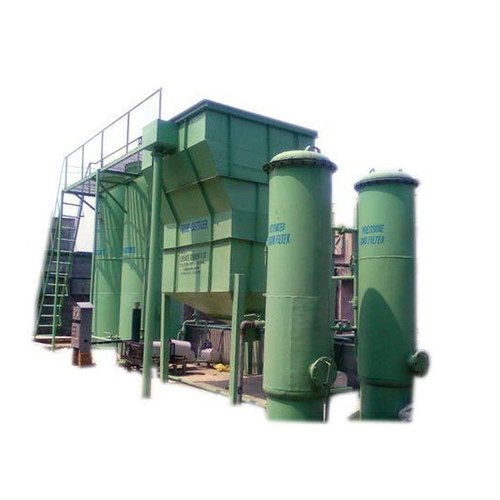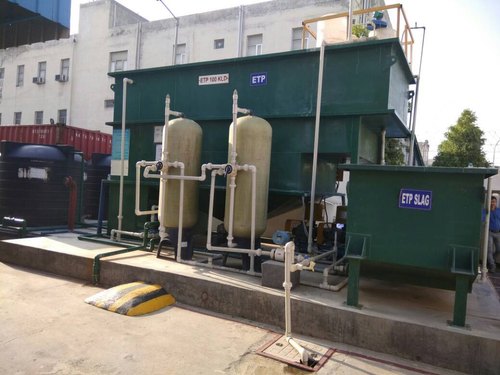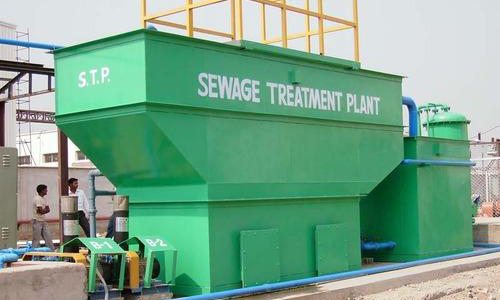“SEWAGE TREATMENT PLANT”
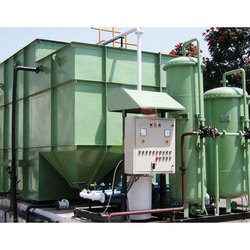
Sewage Treatment Plant
A Sewage Treatment Plant is a facility that cleans and processes sewage. It flows through screens and into settlement basins to sluice out the trash and debris that would otherwise cause a significant amount of damage to the equipment. This can cause excessive wear to the equipment and reduce its life. This process will ensure that wastewater is not contaminated with harmful bacteria, viruses, and other materials.
Sewage treatment is the process of removing contaminants from wastewater generated from industrial or domestic sewage using physical, chemical, and biological processes. Its objective is to produce an environmentally safe fluid waste stream and a solid waste (or treated sludge) suitable for disposal or reuse usually as manure.
The treated water after tertiary treatment can be used for cooling towers, horticulture, flushing and washing.
Sewage treatment plants process and treat wastewater/sewage, breaking it down into a cleaner ‘effluent’ that can be returned back to nature in a safer, eco-friendly form. They help restore groundwater balance, curb diseases and stop degradation and pollution of the environment.
In housing societies, the treated water can be used for non potable purposes such as gardening, washing cars, construction, irrigation and toilet flushing.
Cleaner water would minimize fatalities due to water borne diseases, there’d be less negative environmental impact from water pollution and from a much narrower point of view, no house would have to pay for water tankers, because there’d be abundance of groundwater on macro scales and reusable water at community levels.
APPLICATIONS
• Industrial Sanitation
• Housing complexes
• Townships
• Hospitals
• Shopping Malls
• Colleges
“EFFLUENT TREATMENT PLANT”
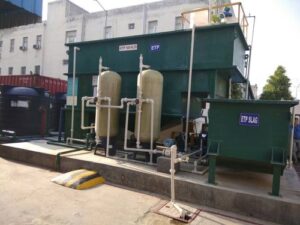
Effluent Treatment Plant
Effluent Treatment covers the mechanisms and processes used to treat water that have been
contaminated in some way by anthropogenic industrial or commercial activities prior to its release
into the environment or its reuse. Effluent treatment plants may also be utilized effectively for a
cluster of small scale industrial units. ETPs can be based on physio-chemical or biological treatment,
in presence of air ( aerobic) or in the absence of air( anaerobic).
Contaminated water cannot be released without treatment as it contains toxic and non-toxic chemicals. Releasing it may cause contamination of the existing pure water and will affect the environment. As a result ETP’s are installed in most manufacturing industries.
The Effluent treatment plants (ETP) are used for the removal of high amounts of organic compounds, debris, dirt, grit, pollution, toxic, non-toxic materials and polymers etc. from industrial effluent. The ETP plants use evaporation and drying methods and other auxiliary techniques such as centrifuging, filtration, incineration for chemical processing and effluent treatment.
APPLICATIONS
• Food Processing Units • Mining
• Pharmaceutical Units • Electroplating Units
• Refineries • Distilleries
• Textile Houses • Fisheries
• Laundries • Slaughter Houses

